Category: Politics - Page 2
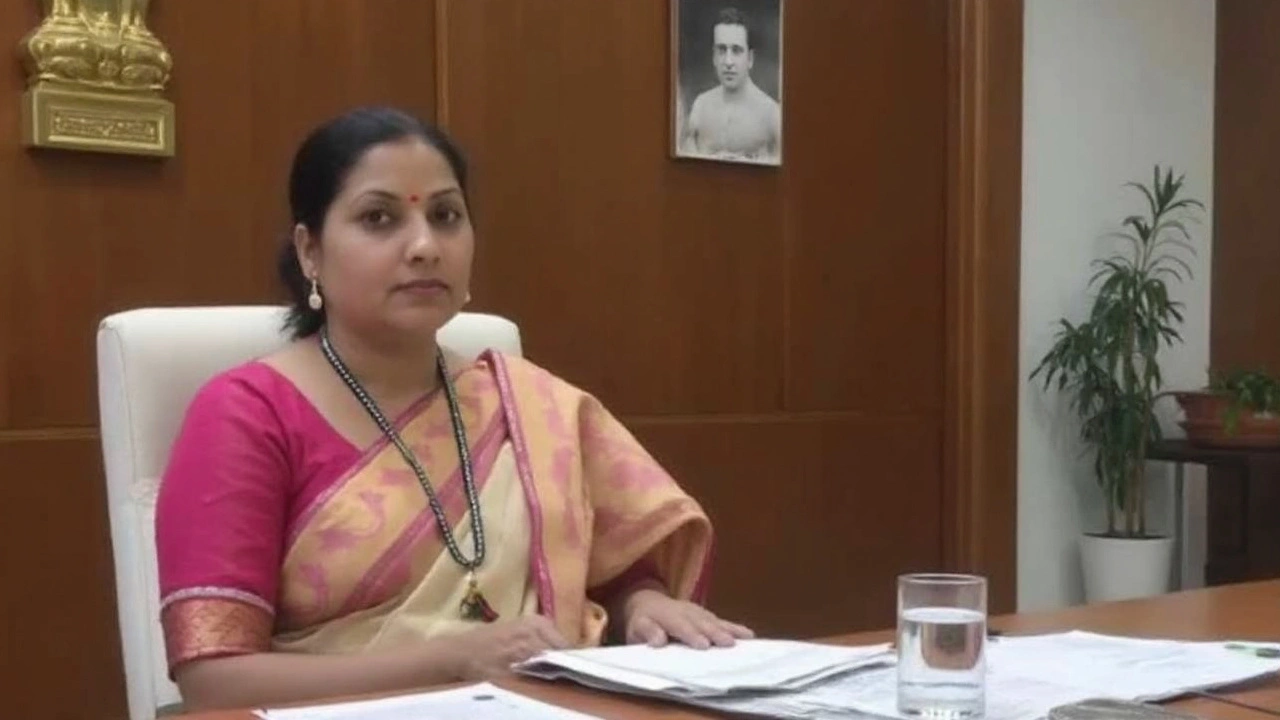
Delhi's new Chief Minister, Rekha Gupta, has embarked on her leadership journey with a bang, reversing previous appointments tied to the AAP administration, pushing forward the Ayushman Bharat scheme, and addressing crucial infrastructure challenges. Her symbolic Yamuna aarti highlights a commitment to water conservation, aligning with BJP's campaign promises.
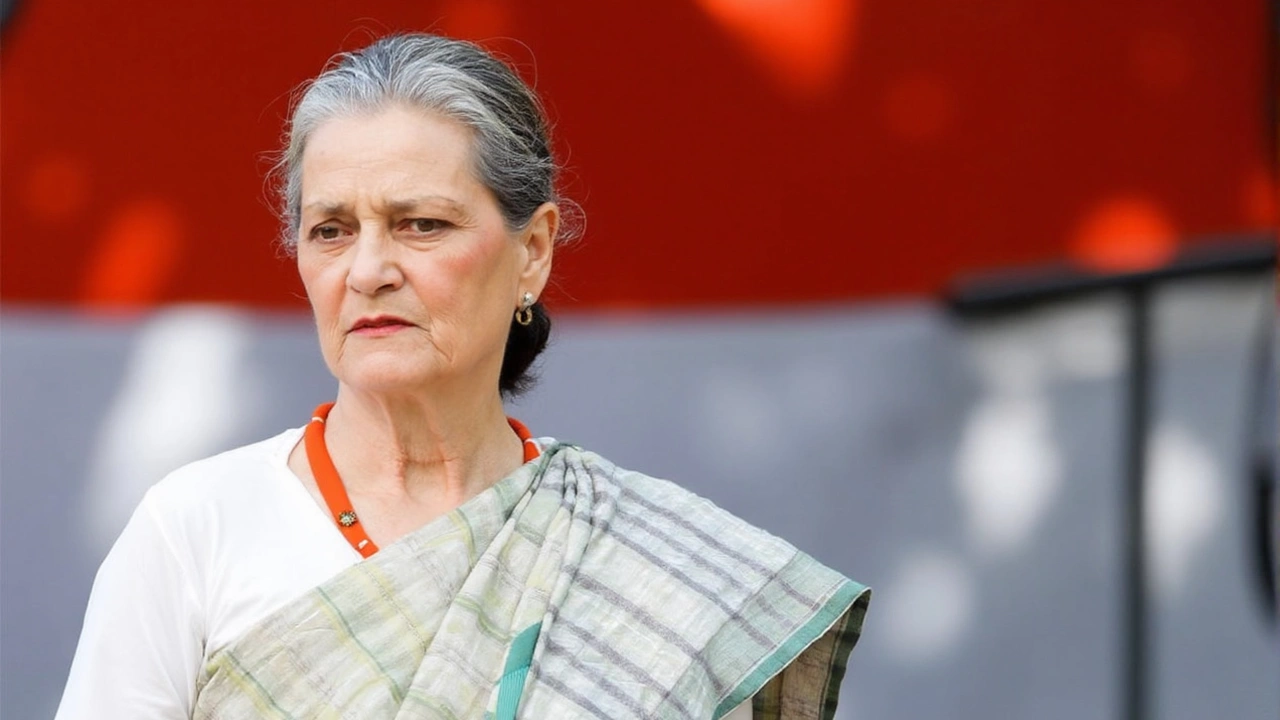
Sonia Gandhi, the Congress leader, was hospitalized in Delhi due to stomach-related concerns and a routine check-up. Her condition is stable, with an expected discharge soon. Recently active in the Rajya Sabha, she highlighted key national issues. Her hospitalization saw her children, Rahul and Priyanka, adjust their roles in political activities.
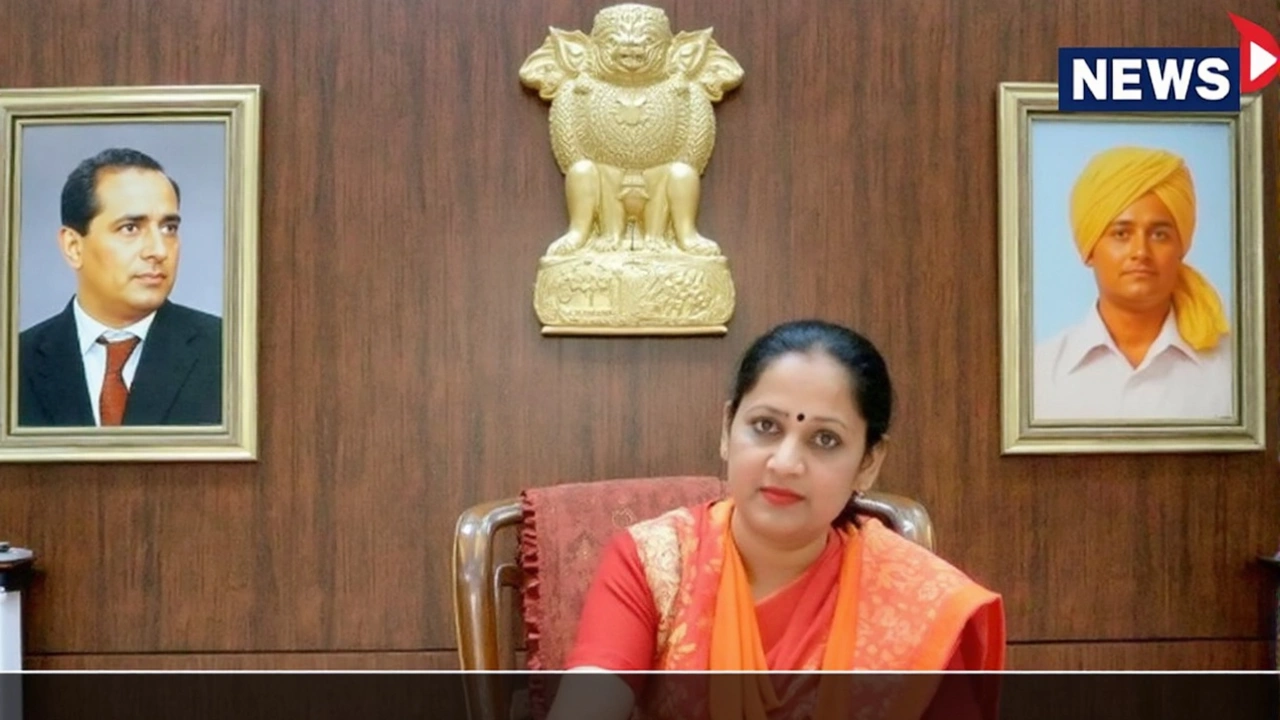
Mar, 7 2025
The Delhi government's alleged removal of Ambedkar and Bhagat Singh portraits sparks AAP's accusations against BJP, claiming disrespect towards national icons. BJP's counter-claim shows Ambedkar's portrait still present. CM Gupta critiques AAP's focus amidst emerging audit reports, highlighting BJP's governance strategies amid rising political tensions.
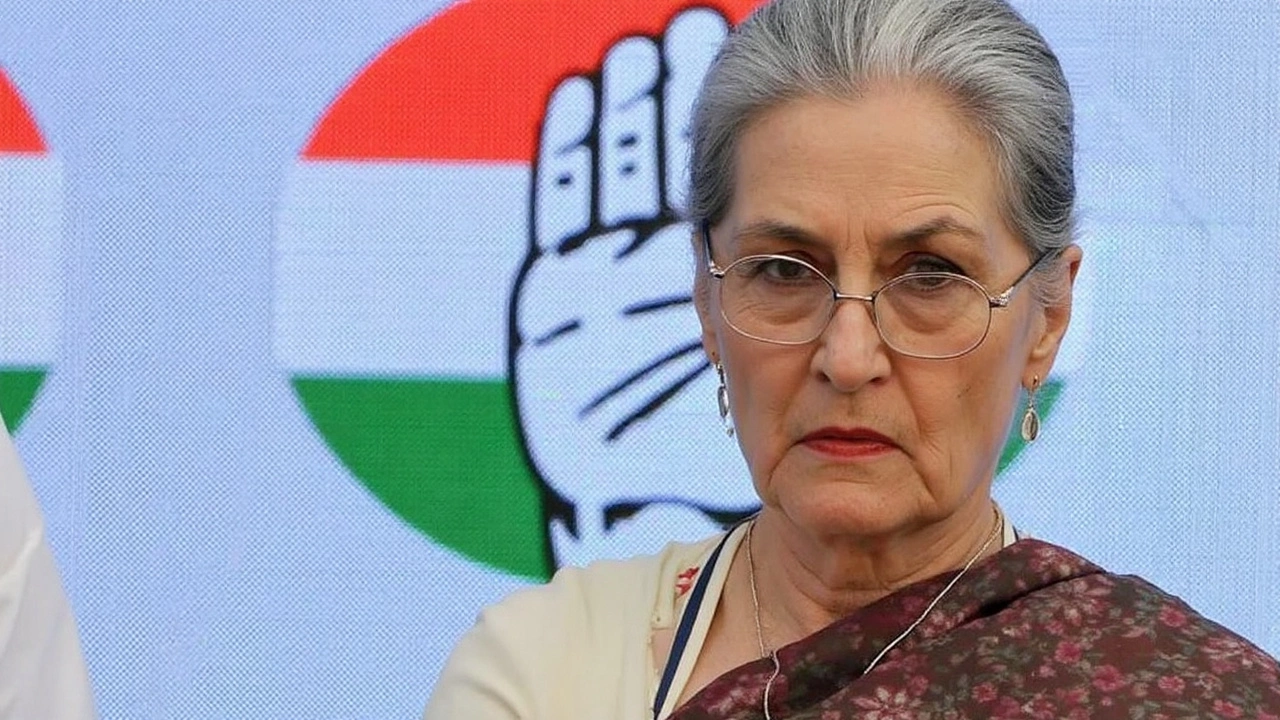
Sonia Gandhi, the Congress leader, exited Sir Ganga Ram Hospital after being admitted for stomach ailments. The 78-year-old's health had been closely monitored, with her latest discharge following prior hospital visits in 2024. As she scales back politically, Gandhi's health has become a focus, especially after her son Rahul Gandhi took over her constituency.
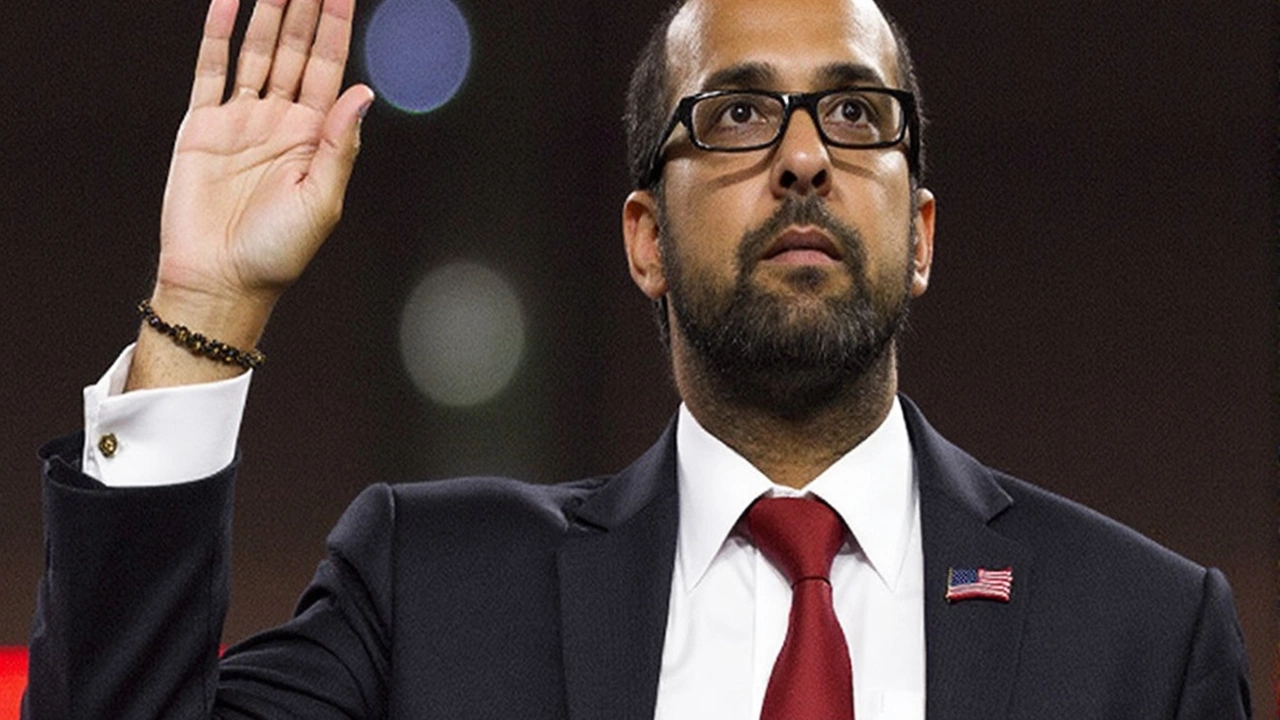
Kash Patel, the new FBI chief and a Trump ally, openly embraces his Hindu heritage. Raised in a Gujarati immigrant family, he continues to honor his roots through public gestures and support for Hindu cultural causes, including the Ram Mandir. His rise marks a significant moment for Hindu representation in U.S. law enforcement, illustrating his journey through roles in counterterrorism and his loyalty to Trump.
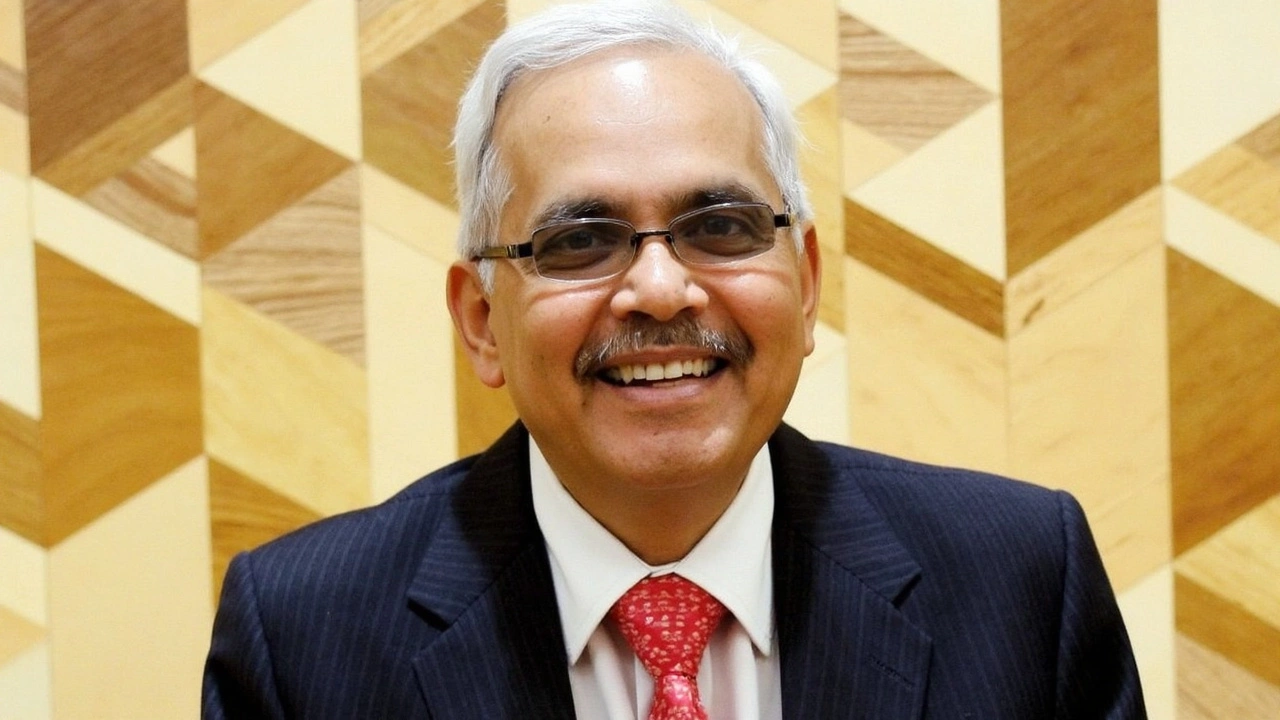
Shaktikanta Das, former RBI Governor, now serves as the second Principal Secretary to PM Modi. His extensive experience in fiscal and monetary policy positions him strategically to help steer India through complex economic challenges, while concerns arise over the political implications of his appointment.
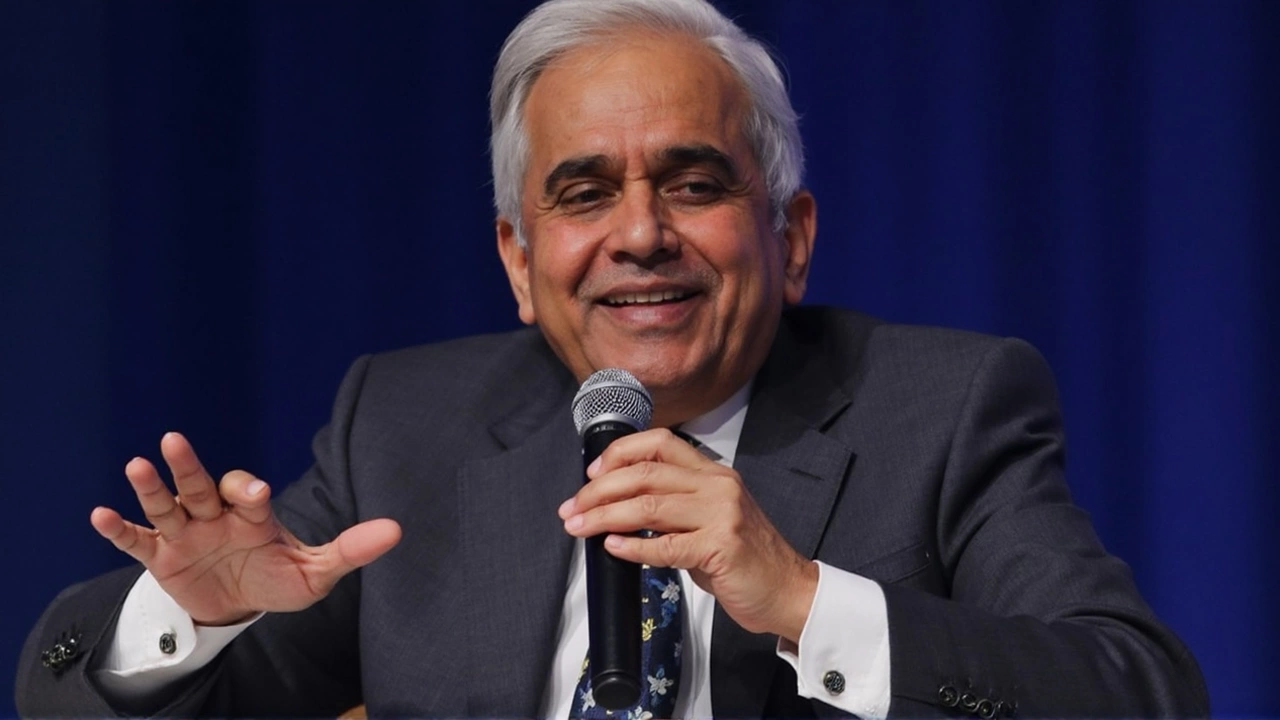
Shaktikanta Das, the ex-RBI Governor, takes on a new role as Principal Secretary to Prime Minister Modi. Known for his economic acumen, Das's extensive experience could be pivotal for India's financial resilience. The PMO welcomes Das alongside PK Mishra, marking a dual leadership approach to navigate economic challenges and amplify policy effectiveness.
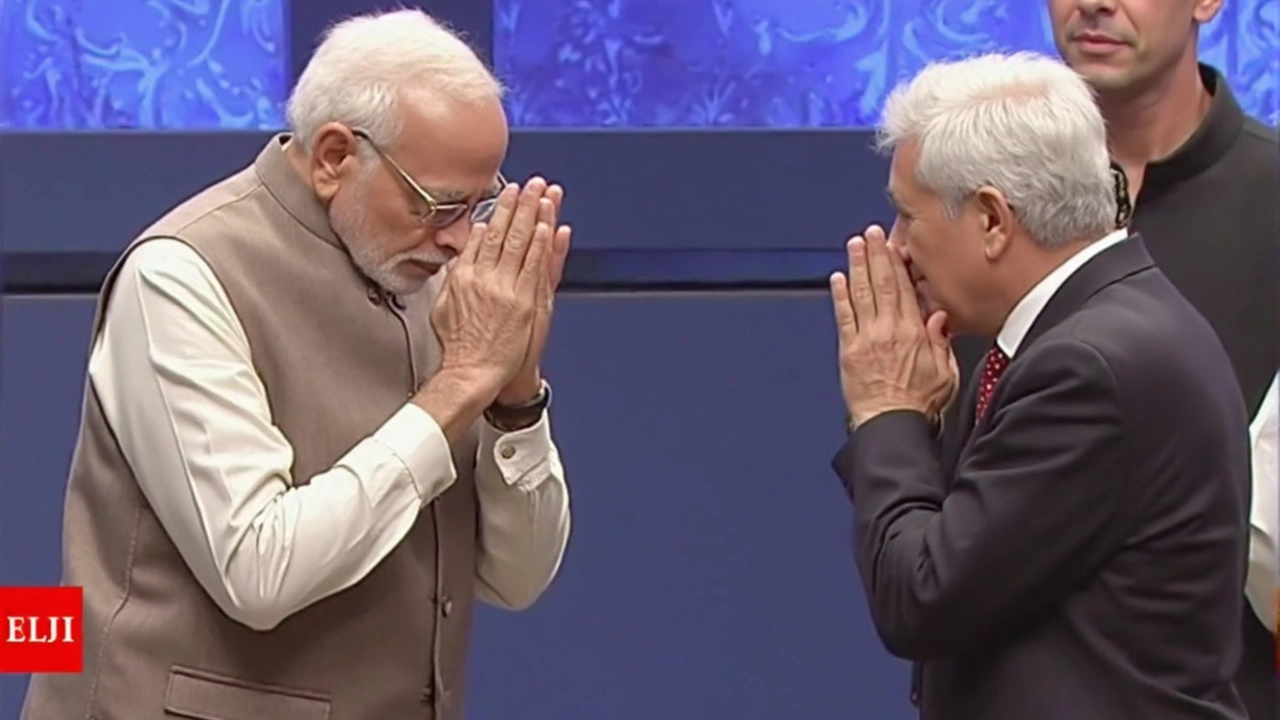
Shaktikanta Das, former RBI head, has been appointed as the second Principal Secretary to PM Modi. His experience, including leading through demonetisation and pandemic times, supports strategic economic governance amid global challenges.
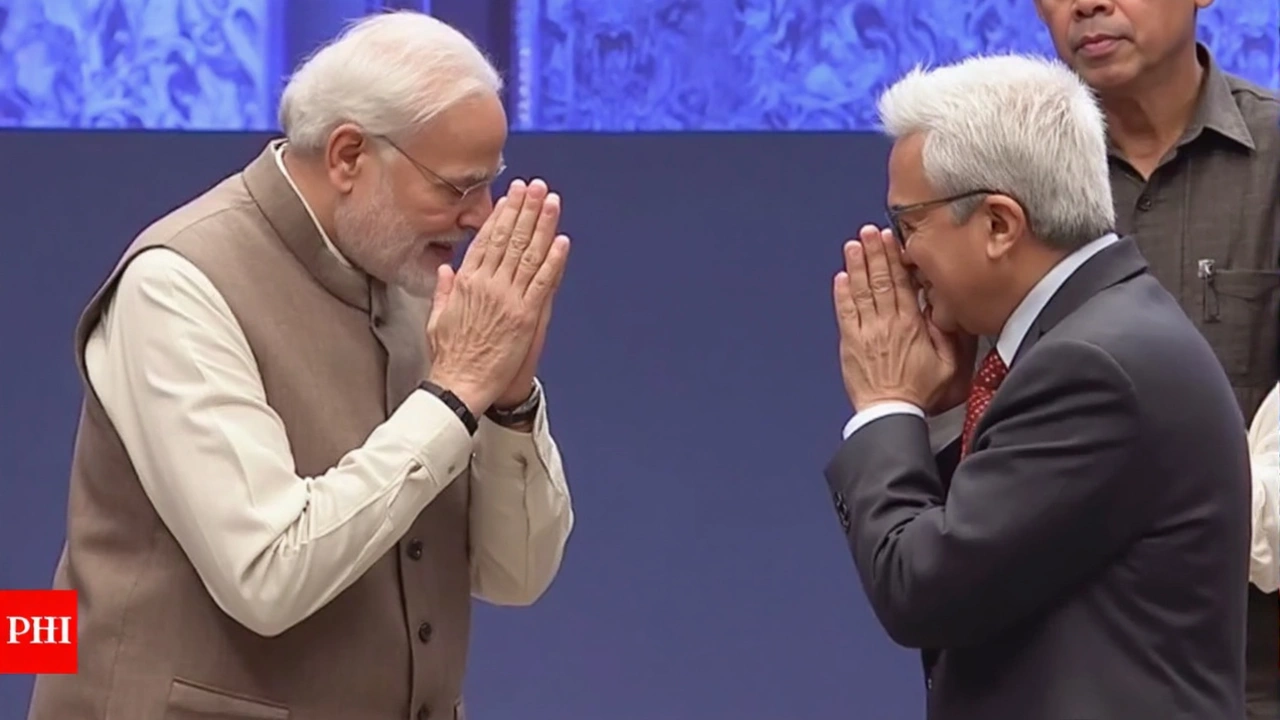
Shaktikanta Das, former RBI Governor, becomes the second Principal Secretary to PM Modi. This move, effective immediately, aligns with Das's extensive experience as India's economic steward. His appointment coincides with a key reshuffle in the PMO. Additionally, BVR Subrahmanyam's term as NITI Aayog CEO is extended, highlighting a focus on policy stability.
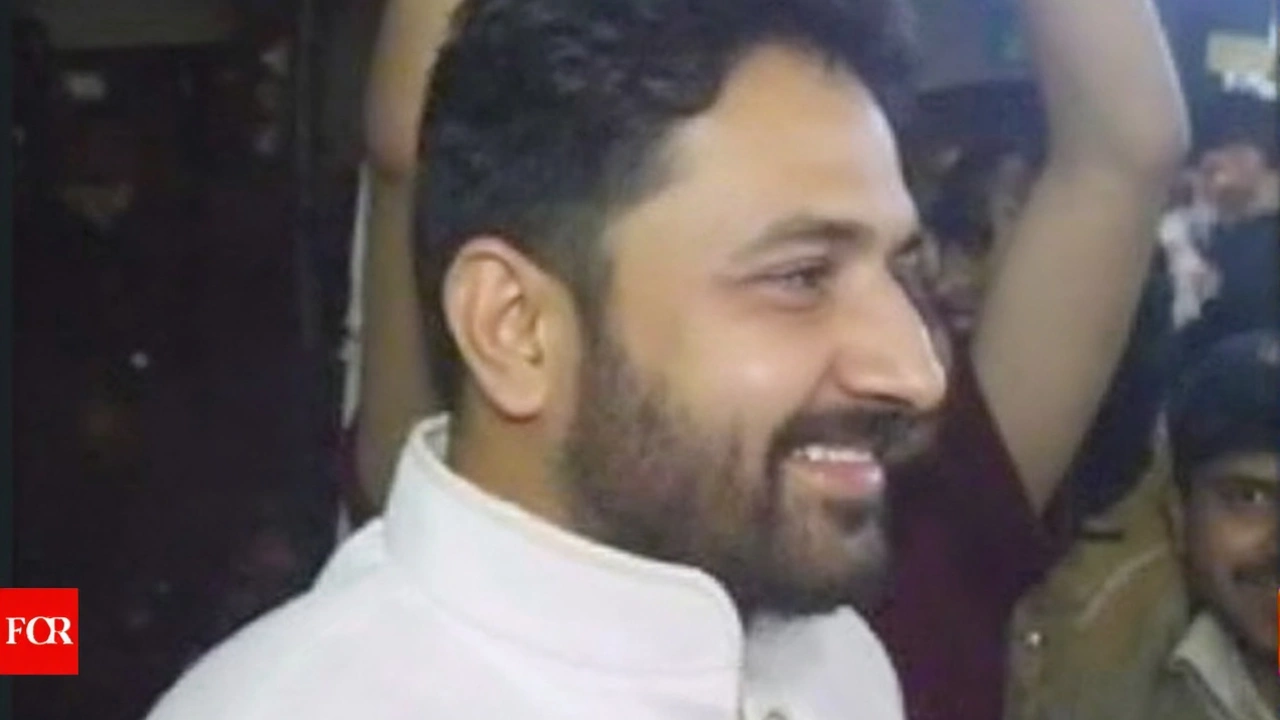
Feb, 9 2025
Amanatullah Khan of AAP emerged victorious in the Okhla assembly, securing 31,711 votes and defeating BJP's Manish Chaudhary by 18,270 votes. AIMIM's Shifa Ur Rehman Khan took second place, with Congress candidate Ariba Khan trailing in fourth. A high voter turnout in this Muslim-majority area demonstrated its significance amid shifting political dynamics as BJP celebrated broader success in Delhi.